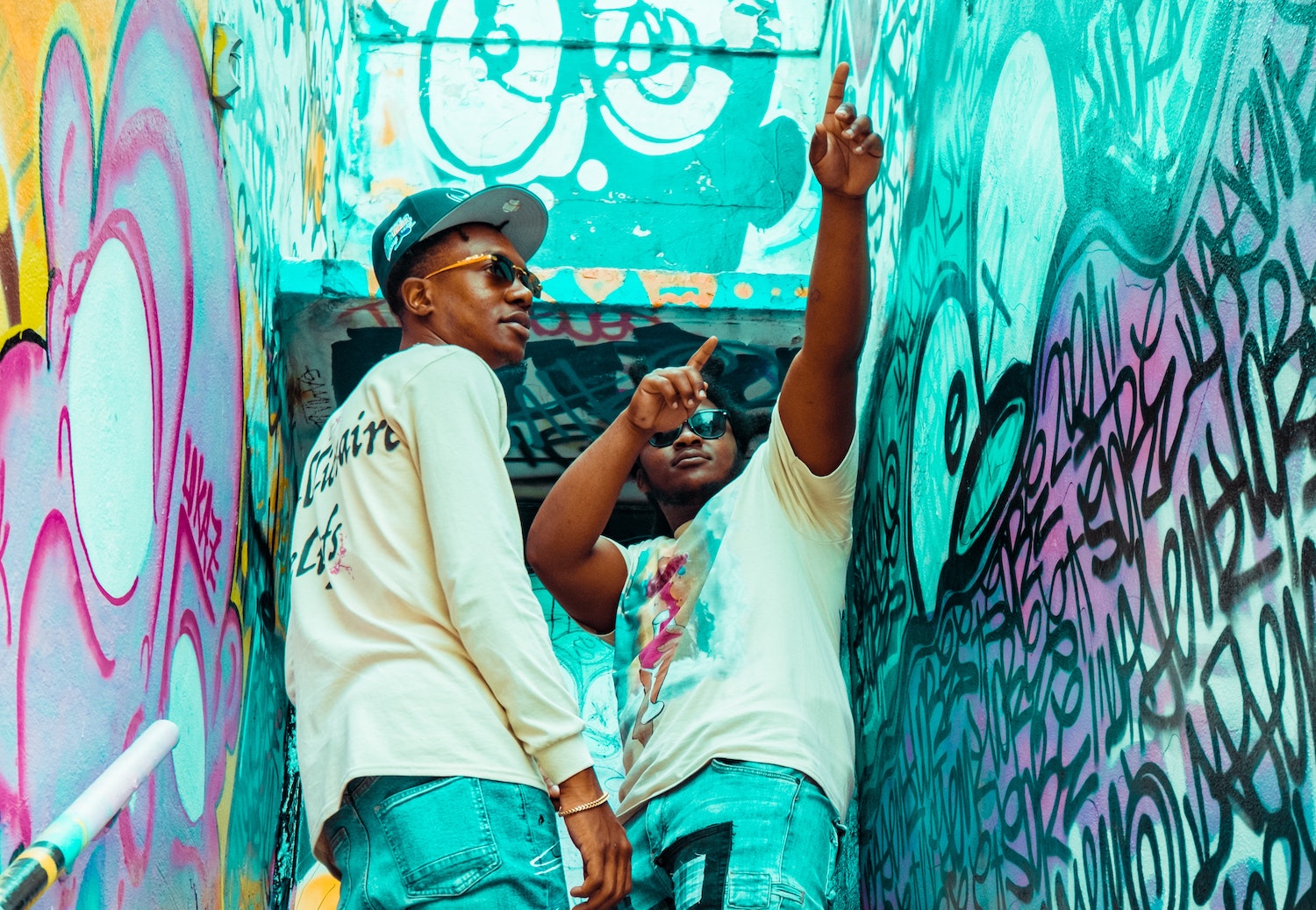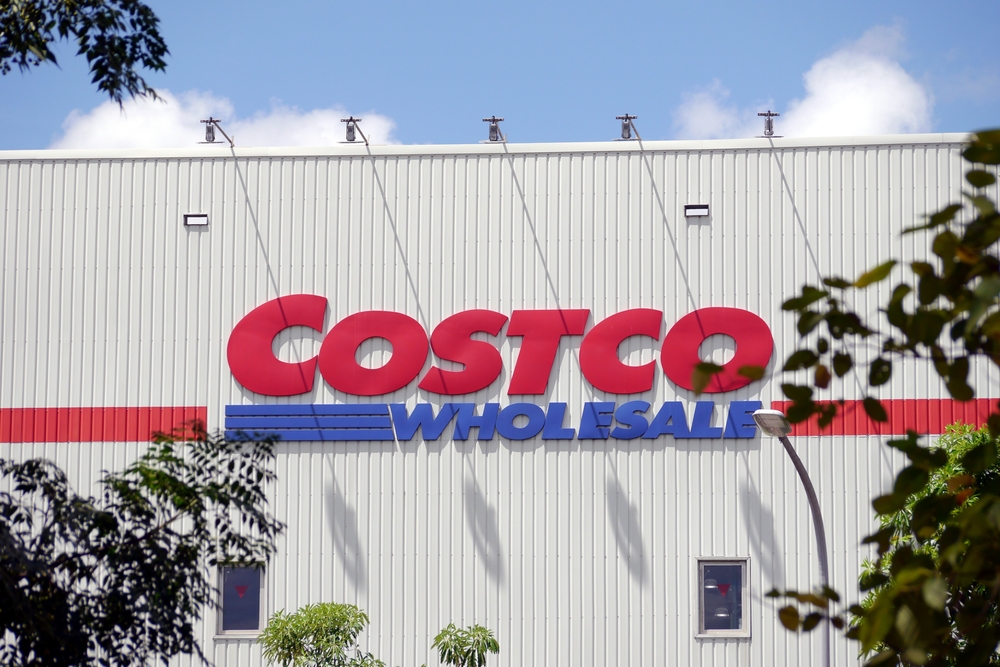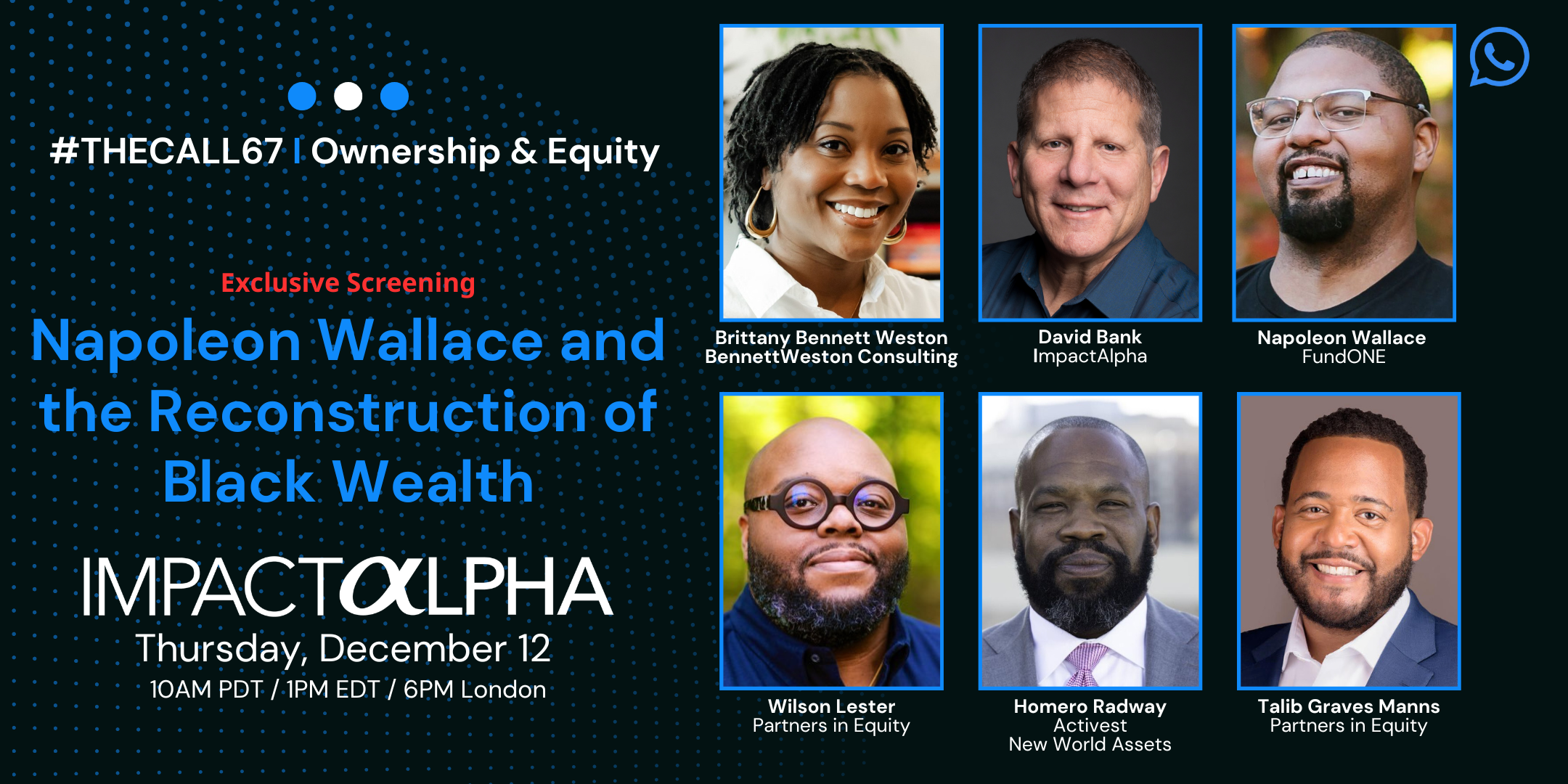ImpactAlpha, Aug. 24 – Musicians, actors, artists and other “creators” are getting creative about reaping the economic gains of their influence and turning their talents into sustainable livelihoods and wealth.
New tech stacks and business models are helping creators of all backgrounds sidestep legacy gatekeepers to build, monetize and own their creative production. From non-fungible tokens and blockchain-based payments to customer-relationship management and subscription services, creatives are using new tools to become… CEOs.
“Artists really are startups,” says Janice Taylor, the multi-time entrepreneur behind Ear Butter, a Los Angeles-based musician “incubator” and blockchain-based financial toolset that is helping artists structure and invest in their careers in a way that leaves them in control – and in a position to benefit financially over time.
“There isn’t a soul alive who hasn’t been impacted by music,” Taylor told ImpactAlpha. “And we’ve never thought of them as a business or a startup? Or as CEO of their own company? Think about it.”
Next month, Ear Butter will bring a diverse group of 15 artists to live in a house in L.A. for three-months where they will receive mentorship and coaching in creativity, but also wellness, finance and music business. Ear Butter’s EQ tool, built on blockchain, will allow artists to set and monitor their own valuation and tap an “intellectual property ATM,” as well as debt, equity and marketplace products to grow their businesses.
Other examples include Atlanta-based Fanbase, founded by Isaac Hayes III, son of the R&B legend, which lets creators and community-builders own and monetize their content through monthly subscriptions. And Arternal, also in L.A., is expanding its platform for art galleries to serve as a customer-relations tool and payments platform for Black artists.
Diverse voices
The rise of business tools for creators comes as creators, and creatives of color in particular, grow frustrated with their treatment on the big social media platforms and what they see as appropriation of their content. That frustration boiled over this summer as Black creators on TikTok went on virtual “strike” to prove how essential Black creators are to TikTok. The Black creators refused to choreograph a new song from Megan Thee Stallion, leaving other users in the lurch.
“Black people carry the app,” user Erick Louis told The New York Times. “Similar to the ways off the app Black folks have always had to galvanize and riot and protest to get their voices heard, that same dynamic is displayed on TikTok.”
In contrast, Fanbase is choosing to center young, Black and Brown creators among its users. Last month Hayes brought a dozen creators of color to Atlanta to discuss equality, monetization and ownership.
“This is how creators of color should be treated and acknowledged,” tweeted Hayes, who earlier this year tapped equity crowdfunding to raise nearly $3.5 million.
Ventures like Fanbase, Ear butter and Arternal are staking out more space in the creative economy for creatives of color, who have long exerted disproportionate influence while reaping less than their fair share of the economic benefits.
“There’s a lot of energy around Black artists,” says Arternal’s Sean Green, whose platform helps art galleries process payments and connect and communicate with collectors online. “There’s not a lot of energy around supporting Black businesses.”
With seed funding from venture capitalist Ben Horowitz, Precursor Ventures and the Ford Foundation, Green will extend its platform to help Black artists own and communicate with their collector base, so that they’re not beholden to the galleries.
Impact capital
Large social networks like TikTok, which many creators have used to cultivate new audiences, are scurrying to catch up. Last month, Facebook announced a $1 billion investment over two years “to give creators new ways to earn money.” Snapchat is giving out $1 million a day to creators with the most popular videos. TikTok has committed $300 million over three years to its creator fund. Youtube announced it has more than million creators in its monetization program.
Such programs are disguised as, “We’re going to invest in creators,” says Taylor, but the social networks are still just treating creators as gig workers. The social networks are “happy with the creators on their ship,” she says. “But who’s driving the ship?”
Increasingly, capital is flowing to entrepreneurs and tech ventures building tools and platforms that can equip a broader, more diverse set of creatives with tools to build sustainable livelihoods and create wealth.
Ford Foundation, a long-timer funder of and investor in arts and culture, has backed a handful of production houses promoting diverse voices in film, including Macro and One Community. Its investment in Arternal is a natural extension of its arts investments, but as a technology company is “a new type of investment for us,” says Roy Swan, who leads the foundation’s mission investments team. Swan says Arternal helps address “root causes and consequences of inequality” by “lowering the barriers to entry” for underrepresented artists (disclosure: Ford Foundation is a financial sponsor of ImpactAlpha).
Producer and investor Abby Pucker is putting together a collective of creators to share backend business services. Pucker is leading a conversation among next-gen wealth holders on the creative economy at The ImPact, a network of families committed to impact investing.
“I don’t think that people look at artists as workers,” with needs around things like stable incomes and healthcare, Pucker told ImpactAlpha. A growing set of artists “are creating businesses around what they’re doing, but they don’t really have any of the infrastructure.”
Impact-aligned capital can help ensure artists and creators emerge winners in the race to grow the creative economy, says Laura Callanan of Upstart Co-Lab, which works to connect impact investors with opportunities in the creative economy.
“It would be terribly ironic if the creative economy cannot benefit the creatives.”












